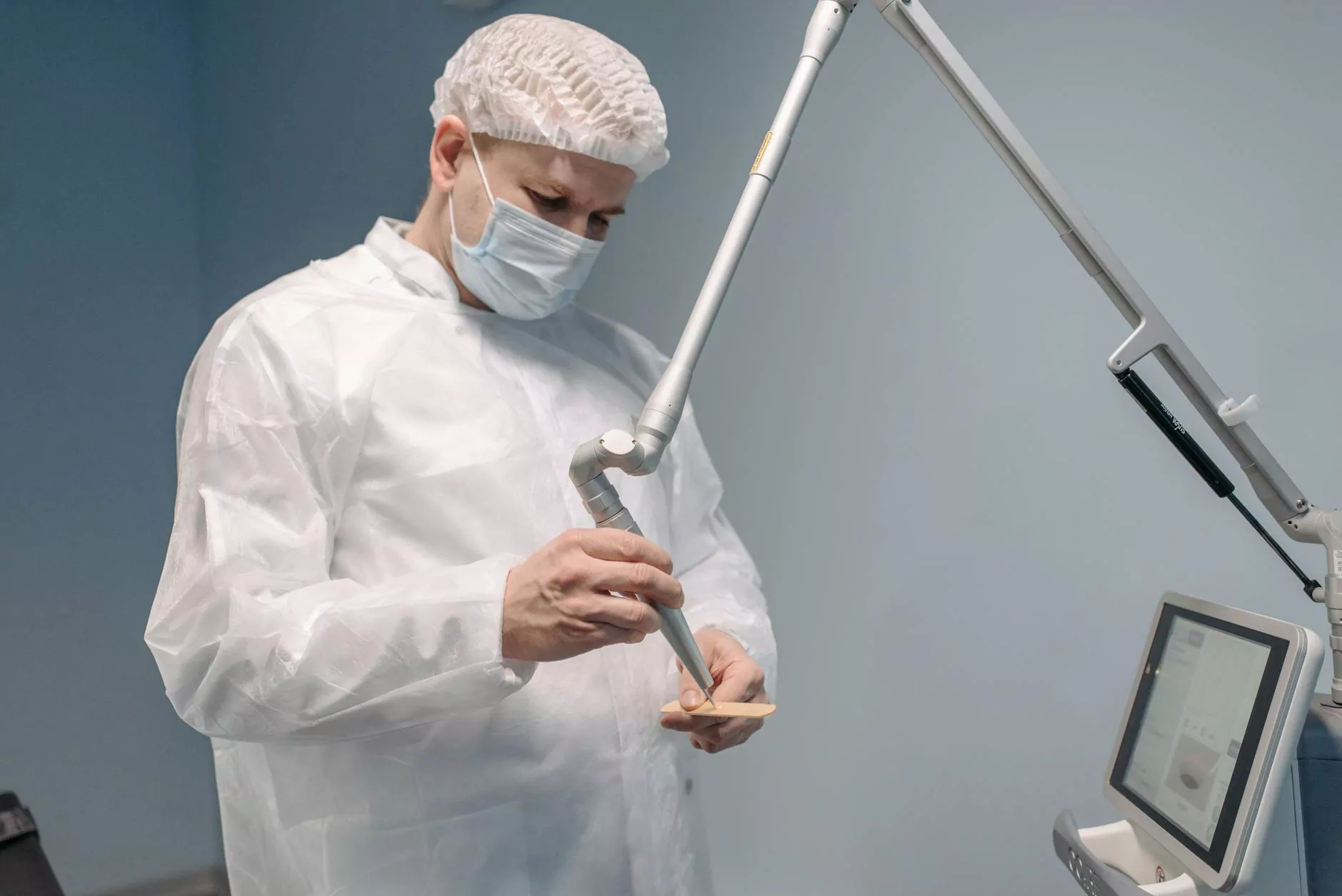Sleeve Surgery for Weight Loss: Transform Your Life

Sleeve surgery for weight loss, also known as gastric sleeve surgery, has become a popular solution for individuals struggling with obesity. This surgical procedure not only aids in significant weight loss but also enhances overall health and well-being. In this article, we will explore everything you need to know about sleeve surgery, including how it works, its benefits, recovery process, and much more.
What is Sleeve Surgery?
Sleeve surgery is a type of bariatric surgery that involves the removal of a large portion of the stomach, resulting in a tube-like structure or "sleeve." This procedure restricts the amount of food the stomach can hold, leading to reduced calorie intake and, ultimately, weight loss.
How Sleeve Surgery Works
The procedure typically begins with a laparoscopic approach, which involves making small incisions in the abdomen to insert a camera and surgical instruments. The surgeon then removes approximately 75-80% of the stomach. The remaining stomach is reshaped into a narrow sleeve, which looks similar to a banana.
- Reduction in Stomach Size: The smaller stomach size limits food intake, which helps patients feel full more quickly.
- Hormonal Changes: The surgery alters gut hormones related to hunger and satiety, leading to reduced appetite.
- Metabolic Improvements: Patients often experience improved insulin sensitivity and lower blood sugar levels.
Benefits of Sleeve Surgery for Weight Loss
Sleeve surgery provides numerous advantages for those struggling with obesity. Here are some of the most significant benefits:
- Significant Weight Loss: Most patients lose about 60-70% of their excess weight within the first year following surgery.
- Improved Health Conditions: Many obesity-related conditions, such as type 2 diabetes, hypertension, and sleep apnea, show marked improvement or resolution after surgery.
- Enhanced Quality of Life: Patients report greater mobility, increased energy levels, and improved self-esteem.
- Long-Term Success: Compared to other weight loss methods, sleeve surgery has higher long-term success rates for sustained weight management.
Are You a Candidate for Sleeve Surgery?
Not everyone is a suitable candidate for sleeve surgery. Ideal candidates typically include:
- Individuals with a body mass index (BMI) of 40 or higher.
- Those with a BMI of 35 or higher who suffer from obesity-related health conditions.
- Adults who have not achieved significant weight loss through diet and exercise alone.
- Individuals who are committed to making lifestyle changes post-surgery.
The Sleeve Surgery Procedure: What to Expect
Understanding the sleeve surgery process can alleviate apprehension for prospective patients. Here’s a breakdown of what to expect:
Pre-Operative Preparations
Before surgery, patients undergo a comprehensive evaluation, including:
- A thorough medical history review and physical examination.
- Psychological assessments to ensure readiness for major lifestyle changes.
- Nutritional counseling to prepare for the post-operative diet.
The Surgery Day
On the day of the procedure, the following will occur:
- Patients are given general anesthesia for a pain-free experience.
- The surgeon performs the laparoscopic sleeve gastrectomy, which usually takes 1-2 hours.
- Post-operation, patients are taken to a recovery area to monitor vital signs and manage any discomfort.
Post-Operative Recovery
Recovery after sleeve surgery typically involves:
- A hospital stay of 1-2 days before returning home.
- Following a specific diet that progresses from liquids to pureed foods and finally to solid foods.
- Regular follow-up visits with the surgical team to monitor progress and nutritional intake.
Potential Risks and Complications
Like any surgical procedure, sleeve surgery comes with potential risks. Some of the complications may include:
- Leaks: Gastric leaks can occur at the surgical site.
- Nutritional Deficiencies: Patients must adhere to nutritional guidelines to avoid deficiencies.
- Gallstones: Rapid weight loss can lead to the development of gallstones.
- Dumping Syndrome: Consuming sugary or high-fat foods can lead to gastrointestinal distress.
Life After Sleeve Surgery
Post-operative life varies significantly from pre-operative life. Patients usually experience:
- Drastic changes in eating habits, with a focus on protein-rich and low-calorie foods.
- Regular exercise routines that enhance weight loss and improve fitness levels.
- Ongoing psychological support to adapt to the new body image and lifestyle.
Conclusion: Is Sleeve Surgery Right for You?
Ultimately, sleeve surgery for weight loss can be a life-changing decision for those who qualify. With the potential for significant health improvements and enhanced quality of life, it is crucial to consult with qualified healthcare professionals to determine if this procedure aligns with your weight loss goals.
For more information and support regarding sleeve surgery, visit clinichealthbeauty.com and consult with our specialists.









